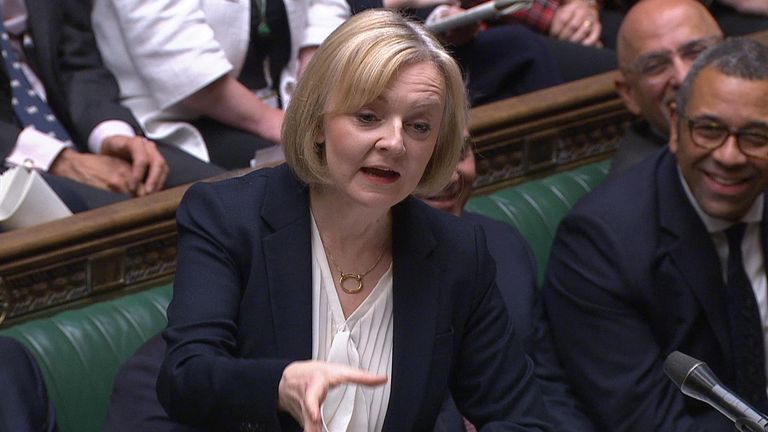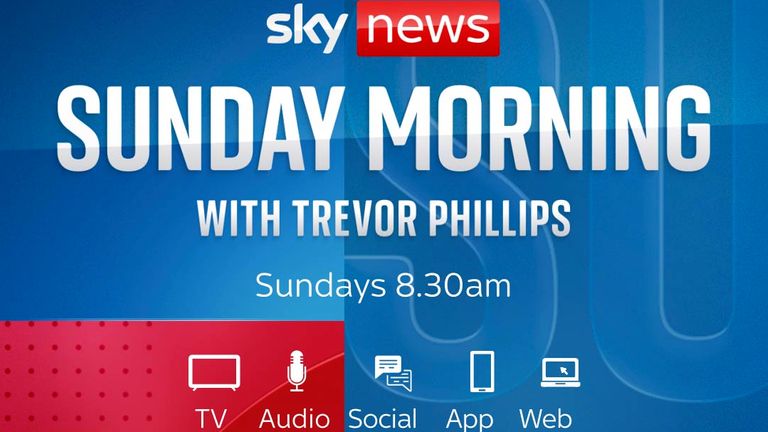Pensions triple lock adds £11bn a year to public spending – report


The triple lock for state pensions has led to an extra £11bn being spent on the benefit per year, new research has shown.
A report by the Institute for Fiscal Studies (IFS) said state financial support to pensioners was greater as a result of the policy, and payments would be 11% lower if it had not been adhered to.
But it said the cost could reach anywhere between an additional £5bn and £45bn a year by 2050 due to the uncertainty created by the terms of the triple lock – making it difficult for the public or government to plan for the future.
The manifesto commitment by the Conservatives means the state pension must rise by either average earnings, inflation or 2.5% every April – with the policy committing to whichever figure is the highest.
It was introduced by the Coalition government in 2010 and was designed to ensure people’s pensions were not impacted by gradual rises in the cost of living over time.
Both the Tories and Labour have said they are committed to keeping the pledge after the next general election.
But critics of the policy say it costs the Treasury a fortune and it is unfair on people of working age who are facing rising prices amid the cost of living crisis.
If the triple lock is kept in place indefinitely, the state pension could potentially be worth between £10,900 to £13,400 per year in today’s terms by 2050, the IFS estimated.
Please use Chrome browser for a more accessible video player
0:18
Tory governments have stood by the triple lock
The triple lock has only been frozen once due to the impact of COVID on wages, which would have led to an 8% hike in state pension payments in April 2022.
Advertisement
However, last April, payments rose by over 10% due to record levels of inflation when the decision was taken the previous autumn.
The IFS said it expected next week’s earnings growth figures to be the metric for the next triple lock pledge, as the most recent figure was 8.2% – higher than both inflation and the 2.5% minimum set by the government.
‘Real risks’ for future if triple lock continues
IFS research economist and one of the authors of the report, Heidi Karjalainen, issued a warning alongside the findings, saying: “The triple lock makes it especially hard to know how much you might receive from a state pension and how much the state pension will cost the state in the future.
“An additional real risk is that retaining the triple lock for too long increases state pension spending so significantly that it leads to insurmountable pressure for a much higher state pension age.
“This would particularly affect people with poorer health who struggle to remain in employment until they reach state pension age.”
Read more from Sky News:
£24m given to political parties in three months
Inquiry to take place into terror suspect’s escape
NHS bosses ‘not certain’ hospitals with RAAC are safe

A Department for Work and Pensions spokesperson said the government remained committed to the triple lock policy.
They added: “As is the usual process, the secretary of state will conduct his statutory annual review of benefits and state pensions in the autumn, using the most recent prices and earnings indices available.”